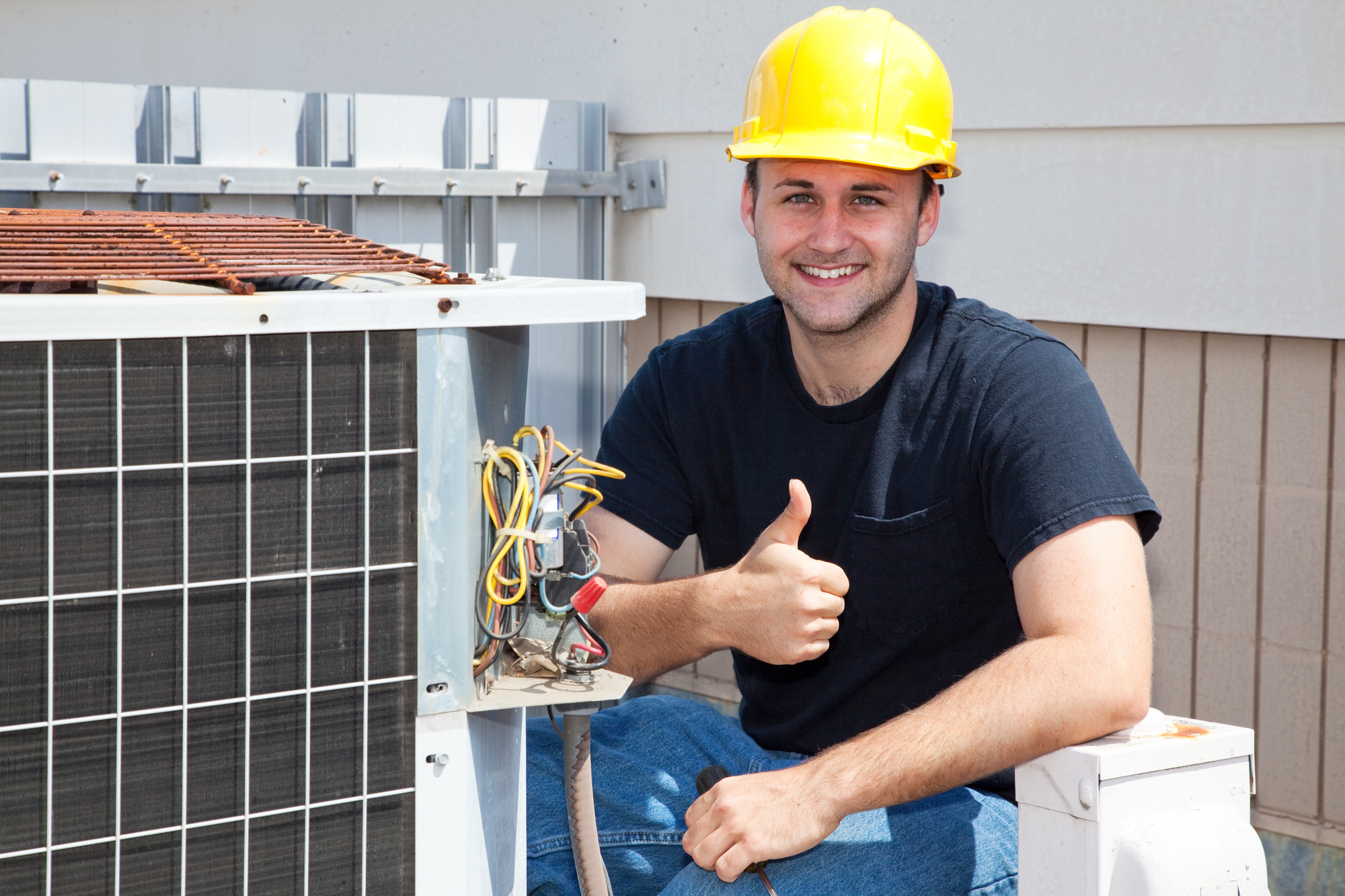Is your HVAC system working as it should? How long ago was it installed?
If your HVAC is reaching the end of its life, it may be in need of a tune-up, repair, or even replacement.
Read on to learn about the average HVAC lifespan and how to take care of HVAC systems to extend how long they last.
Typical HVAC Equipment Lifespan
There are a few different types of heating and cooling systems and the various pieces of equipment they use have different lifespans.
- Air conditioners last for 15-20 years
- Heat pumps can average 15 years
- Furnaces last 20-30 years
- Boilers can last for 20-35 years
Manufacturers typically offer warranties that cover replacement parts for the first 10 years.
What Factors Affect Your HVAC Lifespan?
There are several things that affect the life of your HVAC equipment. Poor quality or defective components can put stress on the system and cause other parts to fail. Correct installation reduces wear and tear and scheduling a regular HVAC tune-up will identify small problems that can be fixed before they become serious issues.
The size of the HVAC should be appropriate to the space in your home. If it too small, it will run continuously without keeping your home cool. If it is too big, it will often cycle off, increasing the wear and tear.
The environment also plays a role. High usage in hot or cold climates can shorten the lifespan. And units in coastal areas will experience corrosion in the condenser unit from salt, reducing the life of air conditioners or heat pumps.
How Can You Extend Your HVAC Lifespan?
While the average HVAC life expectancy is 15-25 years, you can take steps to ensure your system lasts longer.
- Ensure the condenser has sufficient airflow
- Choose a reputable service to carry out a regular HVAC inspection
- Use the system correctly, keeping windows and doors closed while it is running
- Keep the thermostat on an automatic setting on the fan so that it only runs when needed
- Change the filters on a regular basis to prevent dirt from accumulating
But even with the most diligent HVAC maintenance, the time will come when you need to replace the system.
When Should You Replace Your HVAC?
If you find that your energy bills are rising and you need to make frequent HVAC service calls because it’s not working as it should, it’s time for a replacement. Buying a new HVAC system can work out cheaper than paying for costly repairs on a regular basis.
Even if your HVAC is still working well after 10-15 years, consider upgrading to a new system. Modern air conditioner designs use more efficient technology than older models, so you can save 20-40% on your energy bills with a new system.
Maintain Your HVAC to Extend Its Lifespan
With the proper care and maintenance from a reputable service provider, you can extend your HVAC lifespan and save on repair costs. A regular HVAC tune-up can help ensure the system lasts beyond the average 20 years.
Do you want to learn more about HVAC maintenance? Check out our latest blog posts for more home maintenance tips.

